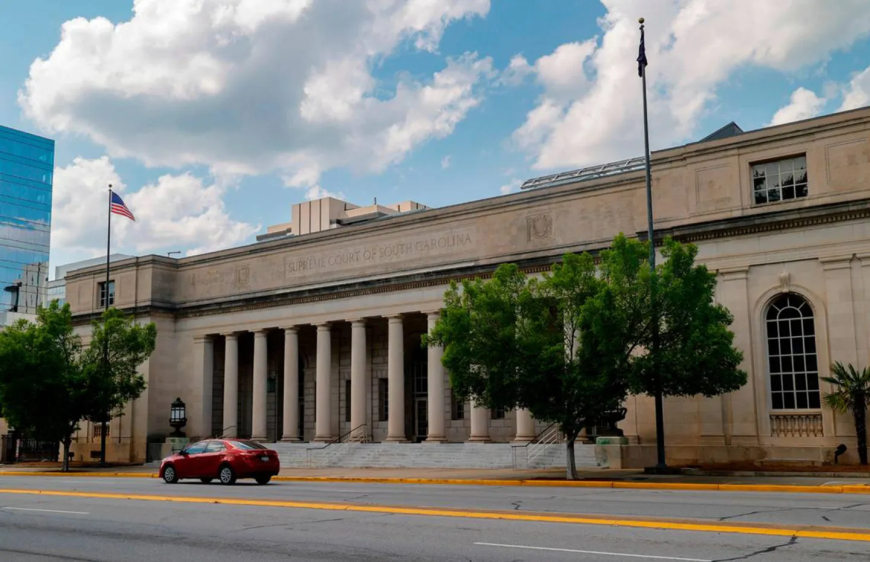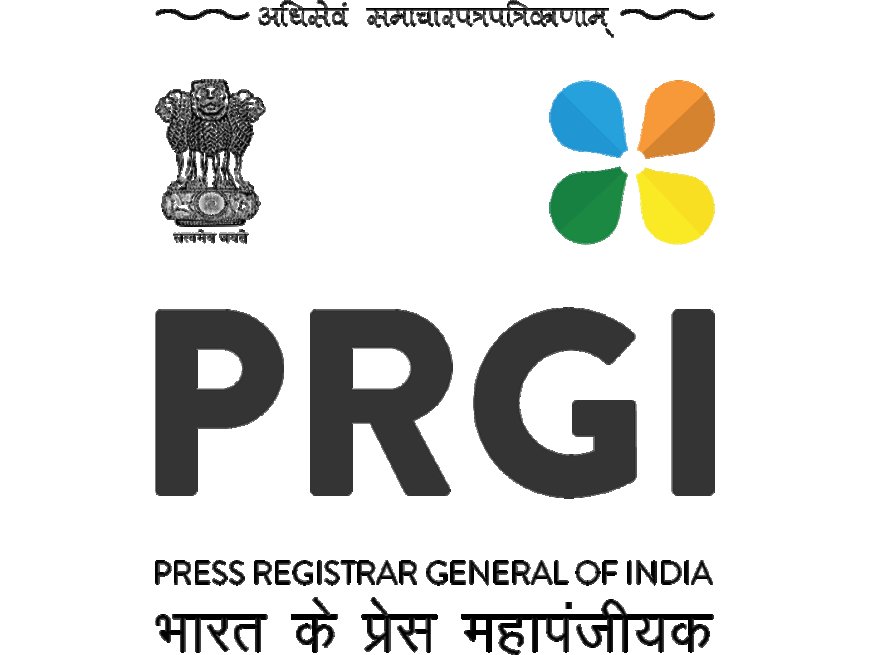South Carolina Court Strikes Down School Voucher Program in Constitutional Clash
The South Carolina Supreme Court has declared the state’s $6,000 per student voucher program unconstitutional, stirring intense debate over public funding and private schooling.

In a landmark decision, the South Carolina Supreme Court has ruled that the state’s private school voucher program, known as the Education Scholarship Trust Fund (ESTF), violates the state's constitution. By forbidding public funds from benefiting private educational institutions, the court struck a significant blow to proponents of school choice—and ignited a fierce debate about education funding in the Palmetto State.
Court's Ruling and Legal Basis
In a split 3–2 ruling, the South Carolina Supreme Court determined that ESTF scholarships—providing up to $6,000 per student—represent a direct benefit to private schools, which the state constitution expressly prohibits. The court emphasized that regardless of how funds are channeled—a trust or direct scholarship—the “public funds” nature remains intact, making the program unconstitutional under Article XI, Section 4.Education Law CenterK-12 DiveWACH
Justice D. Garrison Hill, writing for the majority, underscored that such funds, even if distributed via parental choice, ultimately benefit schools directly: “After we clear away the window dressing, we can see the Act funnels public funds to the direct benefit of private schools. This is what our constitution forbids.”The Federalist SocietyJustia Law
Reactions and Political Fallout
Supporters of public education hailed the decision as a protective measure for equitable schooling. Sherry East, president of the South Carolina Education Association, remarked that the ruling reinforces a commitment to public schools that serve all children.WACH
Conversely, Governor Henry McMaster warned of dire consequences for low-income families relying on the scholarships to access private schooling. He pledged to seek expedited reconsideration of the ruling.K-12 DiveWACH
What's at Stake: Families, Public Education, and Future Policy
The ruling directly affects nearly 3,000 students who had enrolled under the program—many from low- to middle-income households—creating immediate uncertainty about their educational arrangements mid-school year.K-12 DiveWACH
More generally, the case touches on the long-standing constitutional barrier—similar to Blaine Amendments in other states—that bars public fund allocation for private or religious schools. South Carolina’s ruling serves as a reminder of the enduring strength of those provisions.Wikipedia
Conclusion
South Carolina’s highest court has reaffirmed the constitutional boundary preventing public dollars from flowing into private education. As the dust settles, the decision presents lawmakers with difficult choices: pursue reform within constitutional limits, explore alternative funding structures, or accept the restriction on state-supported private schooling.
This verdict may not just influence South Carolina—it may shape the legal landscape of school choice across the United States.











